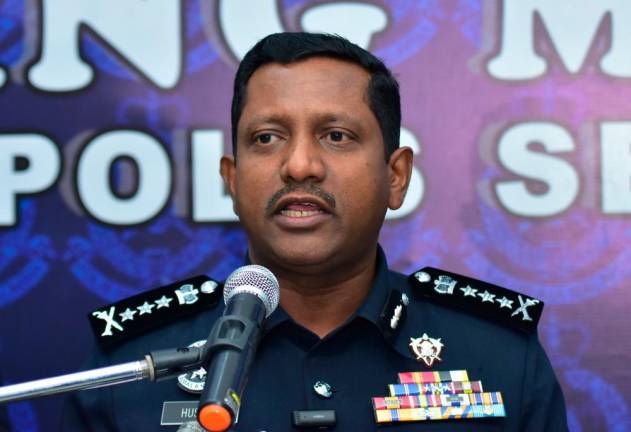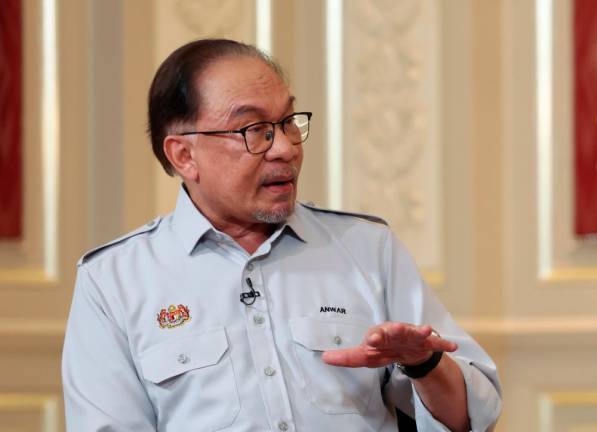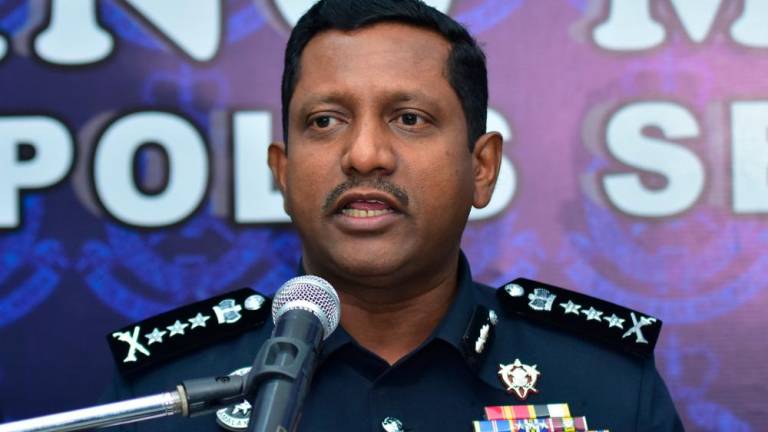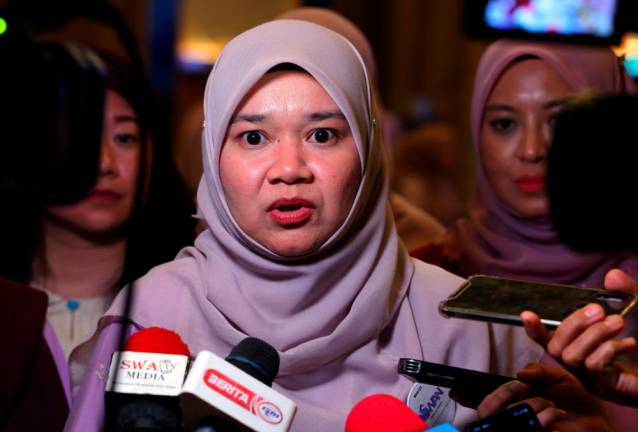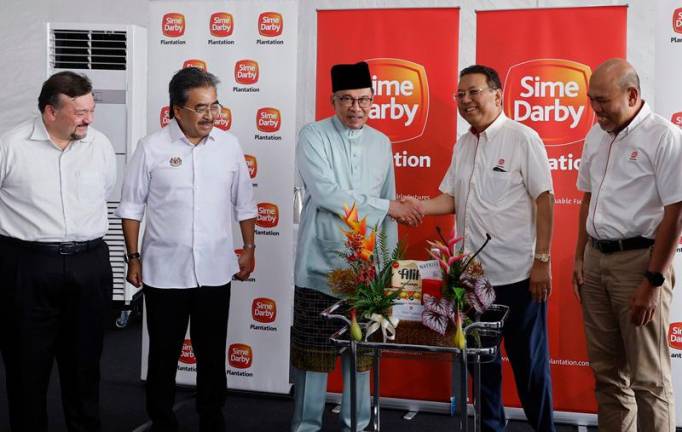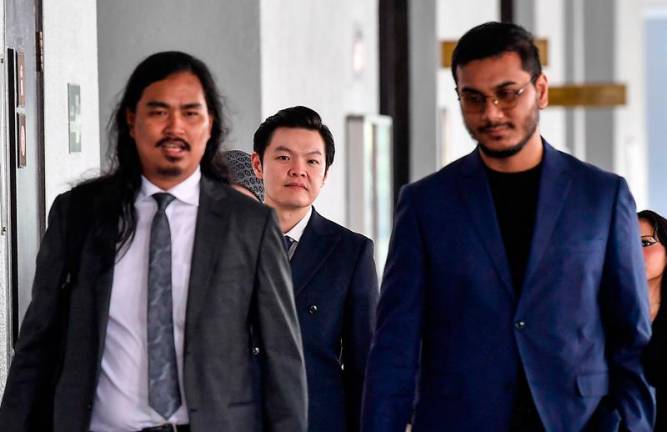WITH Covid-19 forcing governments to do whatever it takes and jack up spending especially on job retention, wage subsidies and financial incentives, finding new sources of revenue has also become more challenging.
There is one source, however, that could readily be mobilised and that is the unclaimed money under the care of the Registrar of Unclaimed Money, Accountant-General’s Department (AGD) on the 42th floor of Menara Maybank at Jalan Tun Perak.
The accountant-general is also the Registrar of Unclaimed Money. And the Electronic Government Unclaimed Money Information System (eGUMIS) was activated in 2018 to enable the public to check for any unclaimed money.
Unclaimed money includes:
• salaries, bonuses, commissions and other payments made to employees;
• dividends and profits declared for distributions;
• insurance claims;
• matured fixed deposits; and
• credit balance from dormant savings.
In 2019 alone, there were an estimated of nearly RM9 billion of unclaimed money.
As comparison, the amount approximates the direct injection of the Penjana (Short-Term Economic Recovery Plan) at RM10 billion. It also represents a fifth of the overall cumulative injection at RM45 billion.
Even the National Contingencies Fund which under Article 11(3) of the Financial Procedure Act 1957 empowers the minister of finance to make spending advances doesn’t match up. Budget 2020 allocated only RM2 billion to the National Contingencies Fund.
In order to unlock this potential source of revenue, the Unclaimed Money Act (1965) needs to be amended and substituted by a new Bill.
This is to legally enable the Accountant-General cum Registrar of Unclaimed Money to transfer the outstanding amount to the government coffers. In addition, the lack of expiry date is also a legal obstacle that needs to be removed to facilitate the transfer.
Now it will certainly be objected that this act of expropriation could well be unconstitutional as a breach of one’s human rights and a form of “theft”.
As it is, the money to be transferred remains unclaimed and idle.
Under the Unclaimed Money Act (1965), it is under the care of the government in the person of the Registrar of Unclaimed Money, which is held in trust with the government, and not some private entity.
As such, the government is legally entitled on the basis of common law principles to use or dispose of the unclaimed money in any way that it sees fit so long as it’s not contrary to the Constitution, public policy or morality.
This is further justified by the amendment process which should not be performed in the form of a ministerial order which is law-making by the Executive under the parent Act – the Unclaimed Money Act (1965).
The amendment embodied in a new Bill would be debated in Parliament and subject to parliamentary approval.
Preferably, the Bill should refer to the forthcoming Covid-19 (Temporary Measures) Bill as the umbrella legislation to provide additional legal backup. This also means that the Unclaimed Money Act will be reset once the amount outstanding is exhausted.
And the situation therefore will revert to normalcy under the provisions of the existing Unclaimed Money Act.
Desperate or extraordinary times call for desperate or extraordinary measures. Recall that even the previous Pakatan Harapan administration resorted to the unconventional method of tapping into donations as a source of revenue in the name of the Tabung Harapan Malaysia as a means to pay off the 1MDB debt.
This was set against the backdrop of a fast ballooning national debt of RM885.9 billion in 2018, including contingent liabilities, public-private partnership lease payments and not least, the 1MDB debt.
Therefore, proposing for unclaimed money to be diverted by the government for social purposes as a “stop-gap” or emergency measure on a temporary basis, no less and naturally, is not as far-fetched a policy idea it seems.
So long as everything is done in a transparent, accountable and democratic manner, and the unclaimed money used for contributing towards stimulating the economy, it’s reasonable to argue that many members of the public would not baulk at it.
In this regard, the unclaimed money should be used to extend the applicability of the Wage Subsidy Programme in relation to targeting the SMEs.
Otherwise, the unclaimed money could be used to target households especially the B40 by providing them with vouchers as partly fulfilling the role of subsidies to be used at selected outlets for essential items including personal protective equipment such as face masks as well as sanitisers which do not come cheap.
Be that as it may, putting unclaimed money to good use on an ever so temporary basis makes a difference to government coffers because every penny counts.
Jason Loh Seong Wei is head of social, law and human rights at EMIR Research, an independent think tank focused on strategic policy recommendations based on rigorous research




